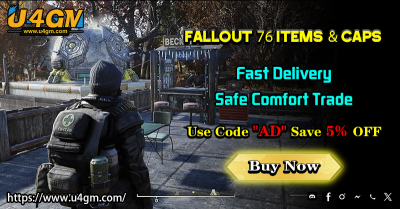The Success of Monopoly Go
Monopoly Go, the mobile adaptation of the classic board game Monopoly, has been making headlines for its unprecedented financial success. In just under a year, it has generated over $2 billion in revenue, largely through in-game purchases and microtransactions. This article explores how Monopoly Go has achieved such success and why it's drawing comparisons to casino games, while also examining the broader implications of its business model.
The Success of Monopoly Go
Monopoly Go's success can be attributed to several factors:
- Brand Recognition: The game leverages the iconic Monopoly brand, which is recognized globally. This brand recognition helps attract a large player base, including those who are familiar with the board game version.
- Engagement Strategies: The game incorporates elements that encourage daily play, such as rewards and challenges. Over 70% of its players engage with the game daily, contributing to its high revenue.
- Marketing and Partnerships: The developers have invested heavily in marketing and partnered with Hasbro, the owner of the Monopoly brand. This partnership has been instrumental in expanding the game's reach.
The Controversy: Monopoly Go as a Casino Game
Despite its success, Monopoly Go has faced criticism for its monetization strategies. Critics argue that the game uses psychological tactics similar to those found in casinos to encourage spending. These tactics include:
- Microtransactions: Players can spend money on in-game items, such as extra rolls or boosts, which can lead to significant expenditures over time.
- Daily Rewards and Challenges: The game offers daily rewards and challenges that incentivize players to spend money to stay competitive or access premium content.
- Hooking Players: The game's design is intended to keep players engaged, often using mechanisms that are similar to those found in gambling, such as variable rewards and social pressure.
In addition to its lucrative revenue streams from microtransactions, Monopoly Go could explore other creative avenues for engagement, such as introducing novelty items like themed stickers. These Monopoly Go stickers could enhance gameplay by offering players unique customization options or special abilities, further enriching their experience and potentially attracting new players interested in collectible digital items. This approach might provide a fresh engagement strategy while reducing reliance on traditional monetization methods that have sparked controversy.
Getting a Clue: Lessons from Other Games
Games like Clue, another classic board game, offer insights into how Monopoly Go can balance engagement with player satisfaction. Clue is praised for its strategic depth and social interaction, which encourages players to deduce and solve mysteries without relying on random chance. Monopoly Go could benefit from incorporating more strategic elements to enhance player engagement beyond microtransactions.
Monopoly Go's financial success is undeniable, but its reliance on microtransactions and casino-like mechanics raises ethical questions. By incorporating more strategic gameplay elements, similar to those found in games like Clue, Monopoly Go could offer a more balanced experience that appeals to a broader audience while maintaining its financial viability. As the mobile gaming market continues to evolve, understanding these dynamics will be crucial for game developers seeking to create engaging yet responsible gaming experiences.

May
7 Essential Things You Need to Know About Fallout 76 Caps and Crafting Materials
Fallout 76, Bethesda's online multiplayer role-playing game, throws players into a post-apocalyptic world filled with radiation, danger, and treasures to discover.

Jan
Fallout 76 Items: Flare Gun
Among the many Fallout 76 items that players encounter, the flare gun stands out as a unique and specialized tool.

Mar
Fallout 76: Who Are the Legendary Vendors?
In Fallout 76, legendary vendors play a crucial role for players looking to enhance their gear with powerful legendary items. These vendors provide randomized legendary weapons, armor, and crafting materials in exchange for Legendary Scrip, a special currency obtained by scrapping unwanted legendary items.


